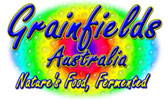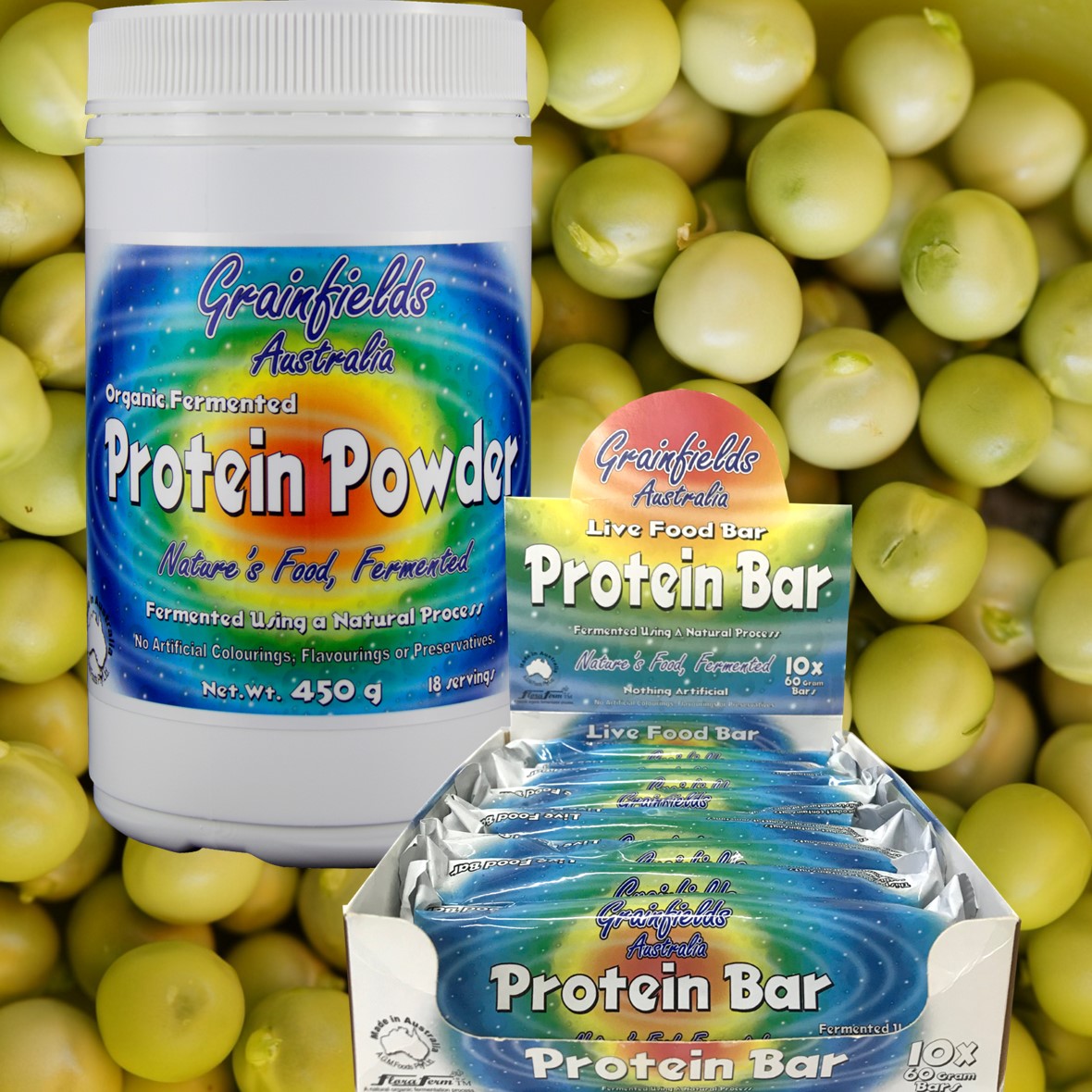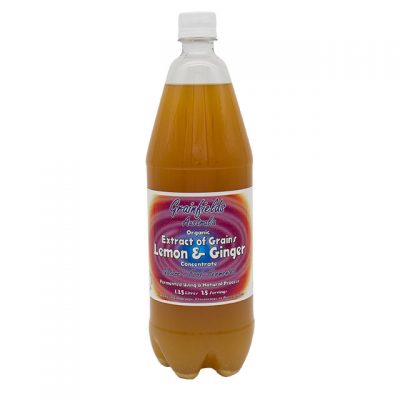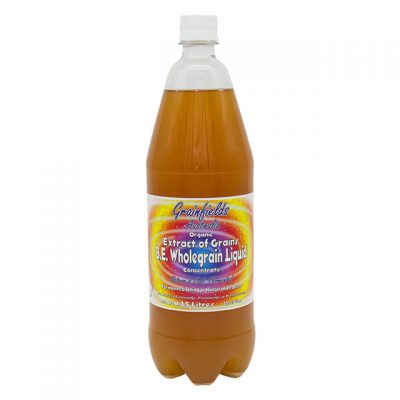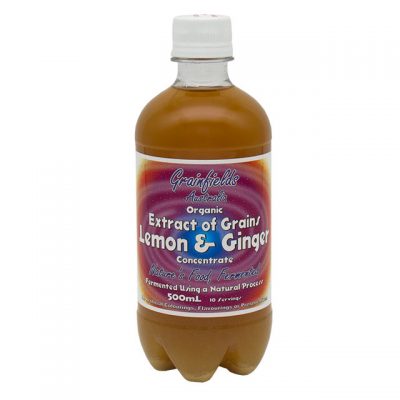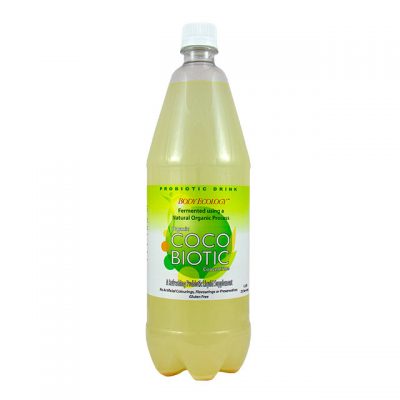What is protein? Why do we need it? Where do we get it from?
Protein is an essential macro nutrient found in food. The human body needs protein for every day functioning of the cells and organs, to make hormones, enzymes and other body chemicals, plus build and repair bones, skin, muscles and other tissue.
There are proteins which play a role in making antibodies for the immune system to fight disease. Proteins are also needed for fluid balance and to transport vitamins, minerals and oxygen around the body, for example Hemaglobin is the protein which carries oxygen from the lungs to the cells. Whether they are structural proteins, immunoproteins, hormonal proteins, transport proteins or enzymes, proteins are crucial to our health.
Great food sources of protein include meat, poultry, fish, eggs, dairy, nuts, seeds, legumes, peas, beans, and grains such as oats, rice and quinoa. Microalgae such as Spirulina, Dunaliella Salina and Chlorella are also high in protein.
Our bodies have the ability to store carbohydrates and fat, but cannot store protein, so there are no reserves to use when we’re getting low. This is why it is so important to ensure we are getting enough protein in our diet.
What can we do if we think we are lacking in protein? There are good proteins in both animal and plant food sources. Replace processed sugary foods with whole foods like meat fish and dairy, whole grains, fruits and vegetables. Great sources of protein for Vegetarians include nuts, grains, seeds, legumes, green leafy vegetables and microalgae.
Early signs of protein deficiency include fatigue, muscle loss, depression, anxiety, anemia and low sex drive. People at higher risk of protein deficiency include the elderly, athletes, people who are stressed or ill, and people with digestive issues or an imbalance in the gut. If we do not have a healthy digestive system thriving with good flora then we can’t digest protein properly.
Protein bars and shakes are a great way to supplement your diet and ensure you’re getting enough protein. Most protein powders use whey as a base ingredient which has some great nutritional benefits but is not suitable for people with dairy allergies. Many protein powders also have artificial colours, flavours and preservatives so it is always a good idea to check the label.
AGM Foods have created our Grainfields Organic Protein Powder with nothing artificial. The top ingredient in our formulation is organically certified pea protein, which does not contain any of the top allergens: peanuts, tree nuts, eggs, fish, shellfish, cow’s milk, wheat or soy. Best of all the pea protein has been fermented with our FloraFerm process which adds good flora and makes the protein more easily absorbed. Grainfields Organic Protein Powder also contains a blend of superfoods known for their high nutrient/ high protein content including amaranth seed, quinoa cacao, broccoli, spinach, mushrooms and kelp.
A recent study* has shown that pea protein powder in comparison to whey powder is an excellent plant-based source of protein. Well, who knew this interesting fact about peas? Pea protein (like whey powder) is also a complete protein containing all nine essential amino acids, except for being a little low in methionine. Amino acids from foods are the important building blocks we need for making protein within our bodies that we need for our various bodily functions.
As well as being essential for our bodies to function, protein gives us energy, helps our body recover and repair and keeps our hunger satisfied.
*Source – The Effects of Whey vs. Pea Protein on Physical Adaptations Following 8 Weeks of High-Intensity Functional Training (HIFT): A Pilot Study– By Amy Banaszek, Jeremy R Townsend, David Bender, William C Vantrease, Autumn C Marshall and Kent D. Johnson. Other sources– wikipedia.com, bodyecologydiet.com, mercola.com.
